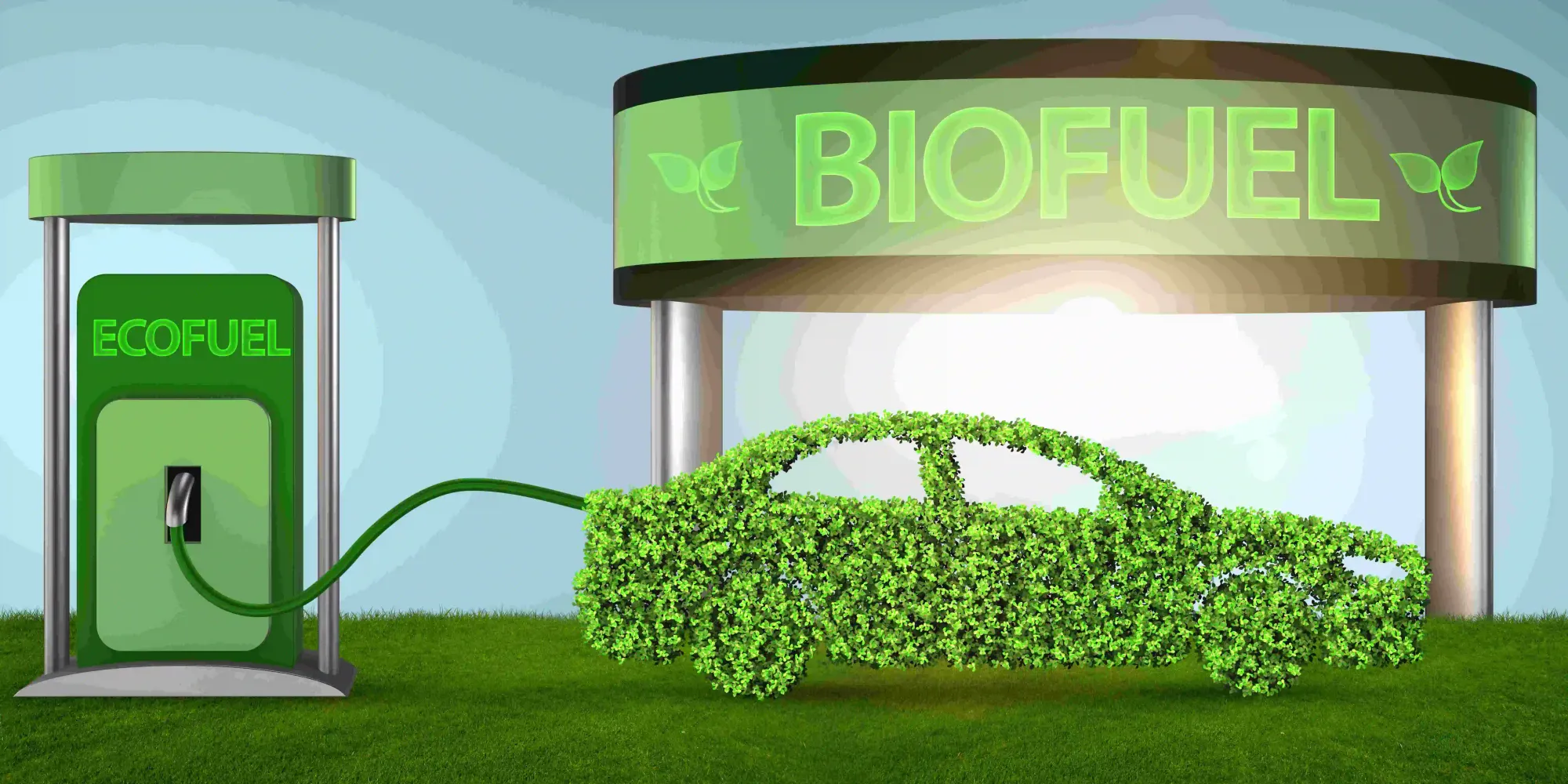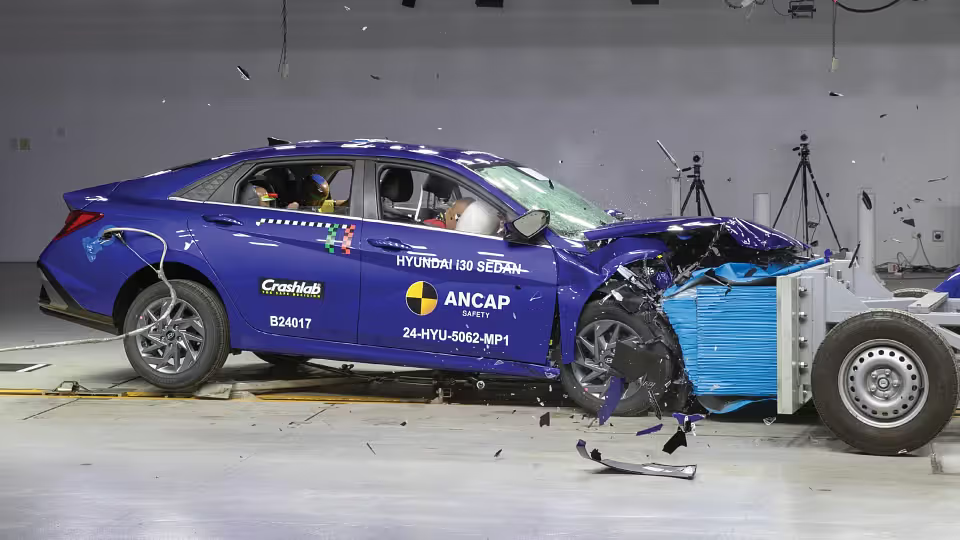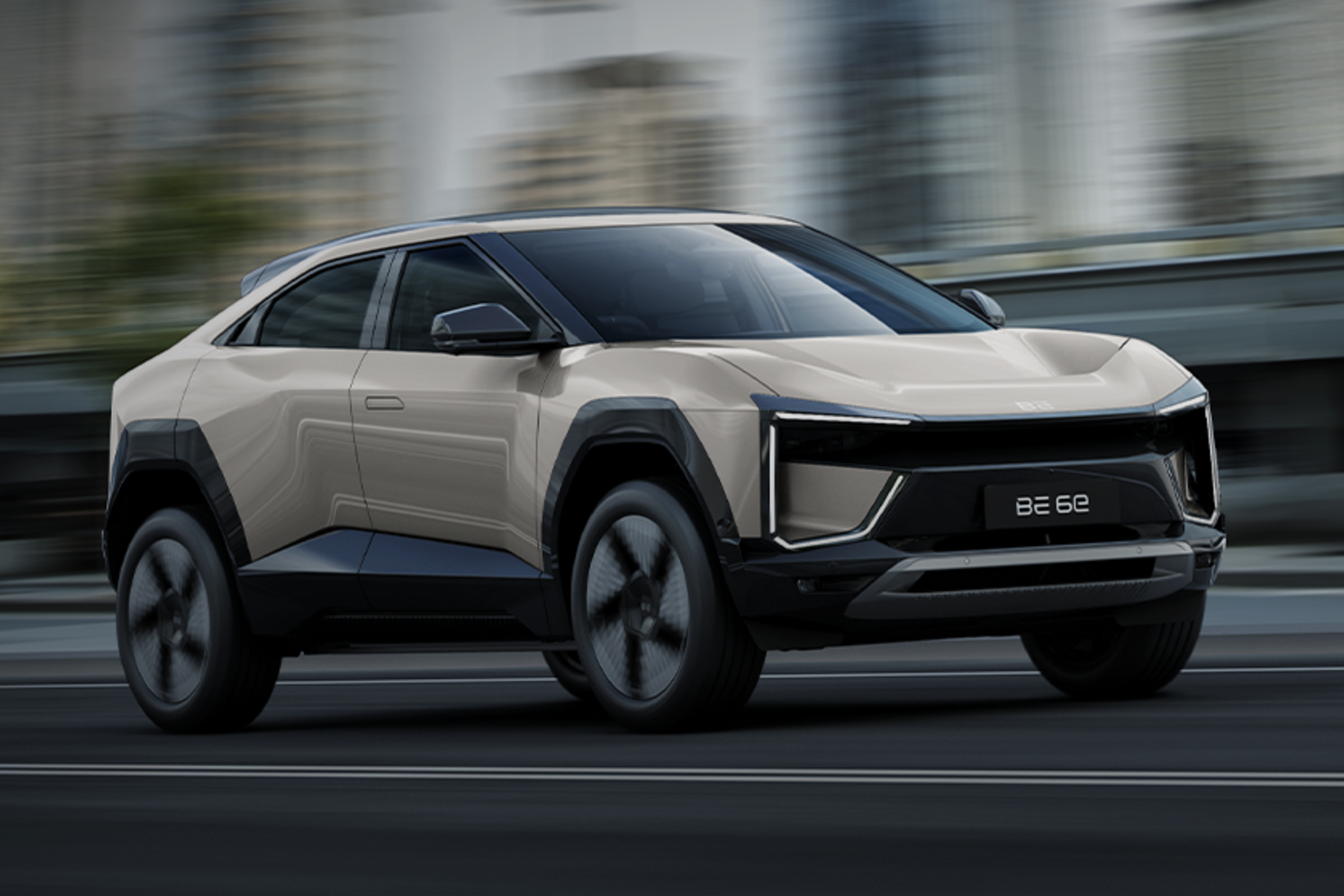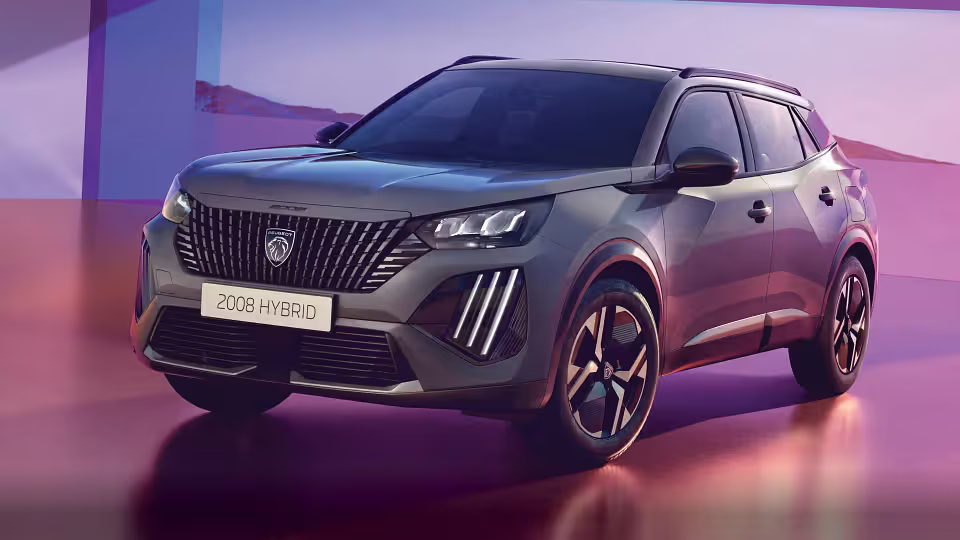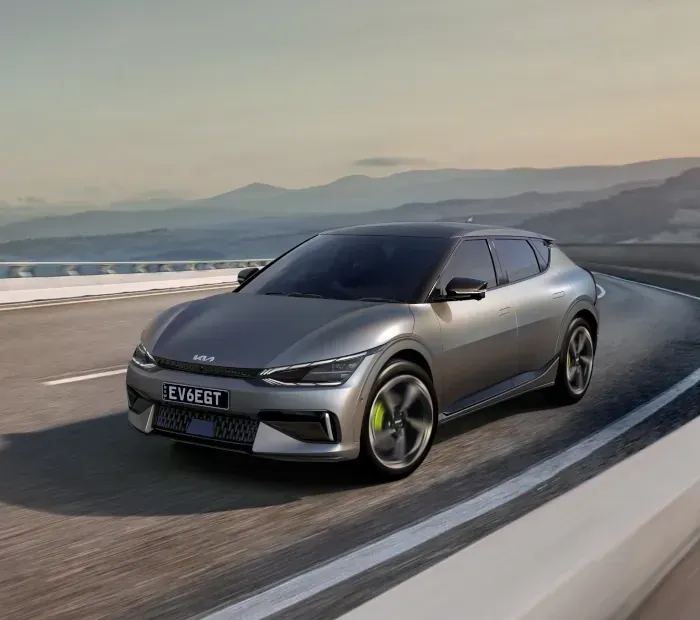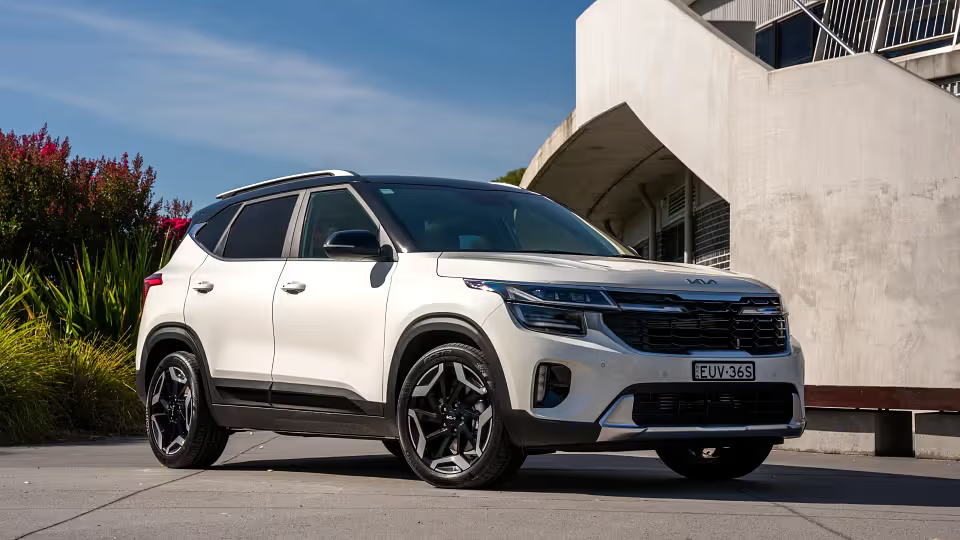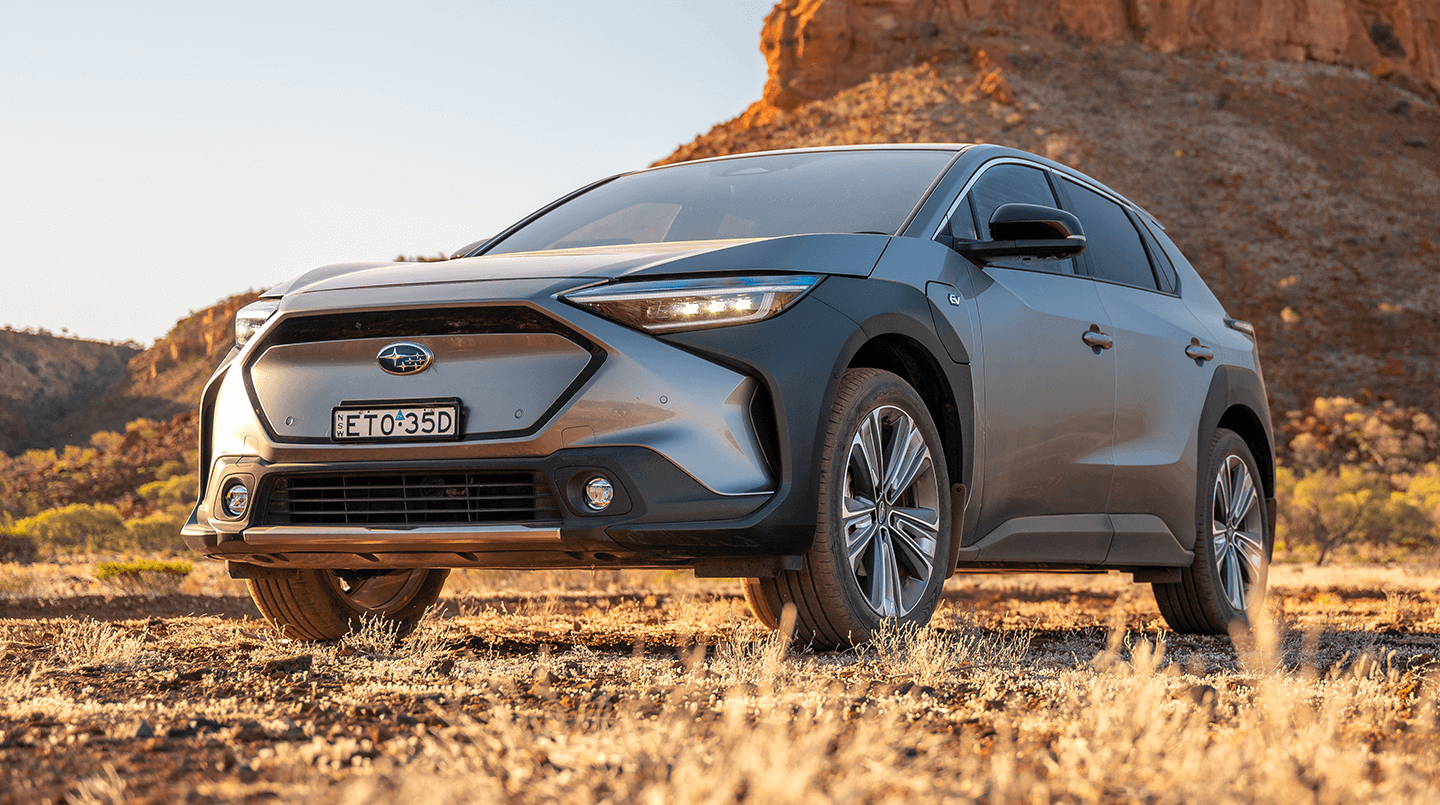The European automotive industry is facing a significant challenge as electric vehicle (EV) sales experience a sharp decline, prompting industry leaders to call for urgent action from policymakers. This downturn in EV adoption comes at a critical time, with manufacturers facing looming CO2 emission reduction targets and potential fines for non-compliance.
EV sales in Europe dropped by 43.9% in August 2024 compared to the same period last year. Overall new car registrations fell by 18.3% across the EU in August. Major markets like Germany (-68.8%) and France (-33.1%) saw significant declines in EV sales.
The European Automobile Manufacturers' Association (ACEA) is calling for "urgent and meaningful action" to address the situation. Manufacturers are concerned about meeting the 2025 CO2 emission reduction targets of 95 grams per kilometer. The industry warns of potential production halts or heavy fines if the situation is not resolved.

Factors contributing to the decline include economic uncertainty, high EV prices, and insufficient charging infrastructure. Hybrid electric vehicles have shown growth, increasing their market share to 31.3%. The ACEA suggests a package of short-term relief measures for the 2025 CO2 targets. Some countries, like Italy, are urging the EU to reconsider its 2035 ban on petrol car sales.
As the European auto industry grapples with declining EV sales and looming emission targets, the call for urgent action highlights the complex challenges of transitioning to zero-emission vehicles. The coming months will be crucial in determining how policymakers and manufacturers can work together to address these issues and maintain progress towards sustainable transportation goals.




